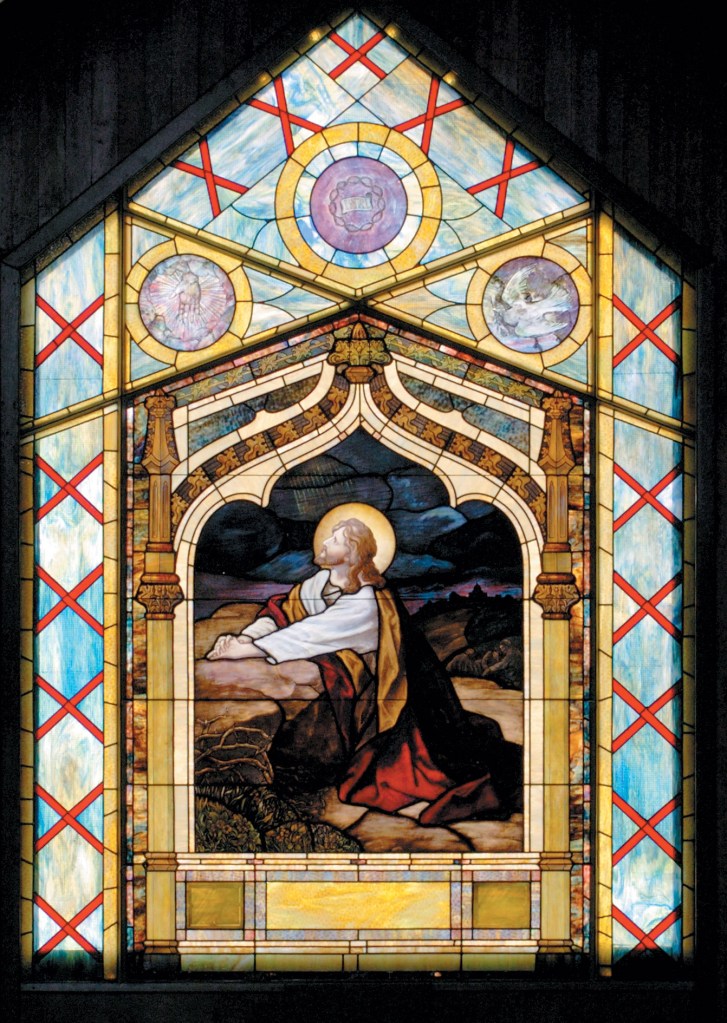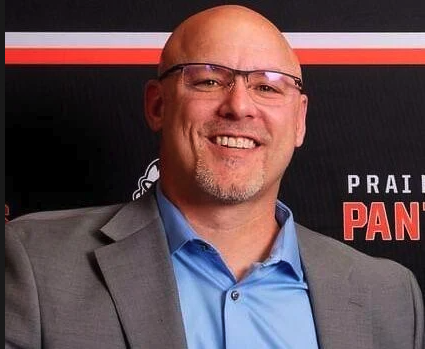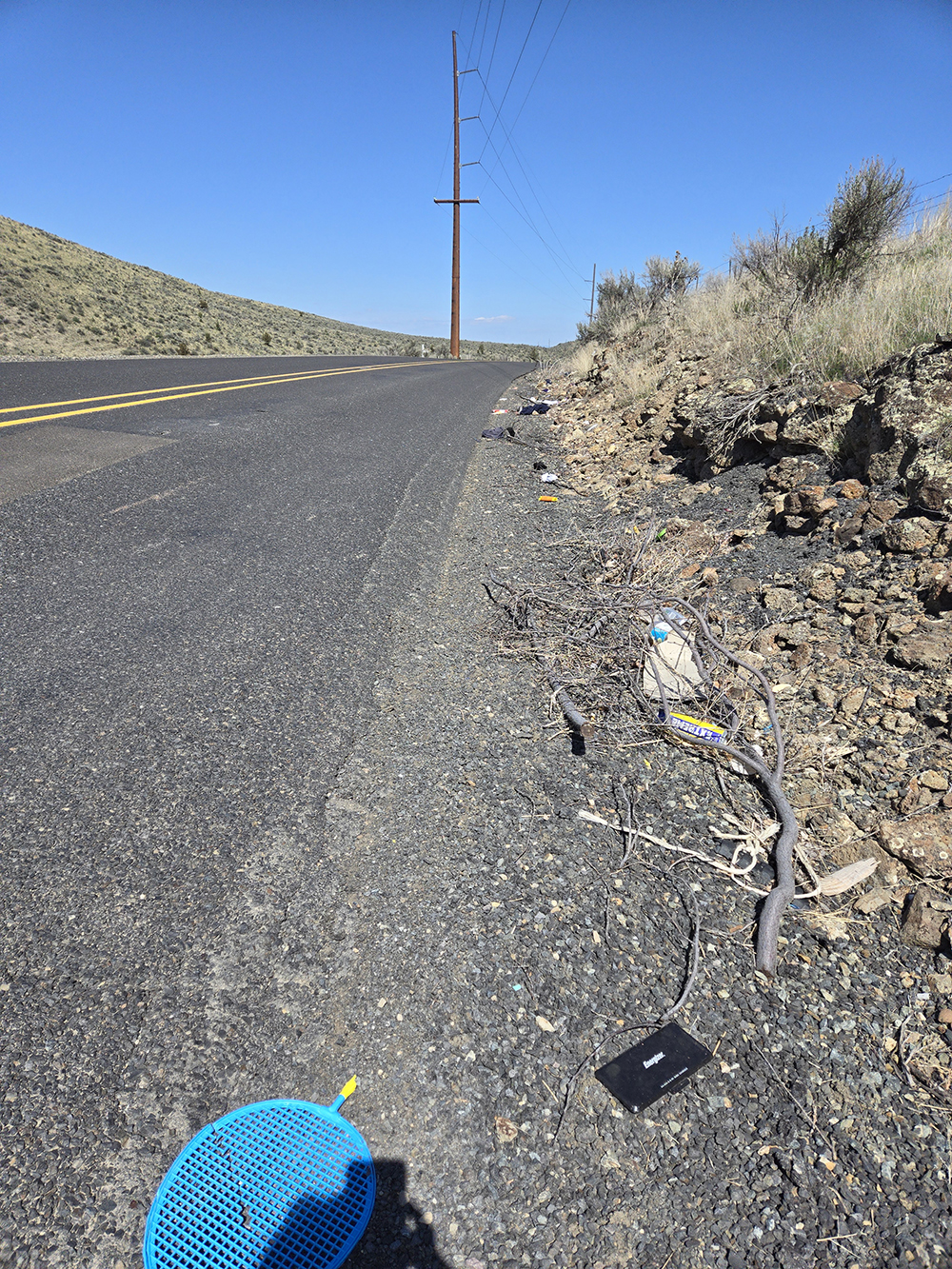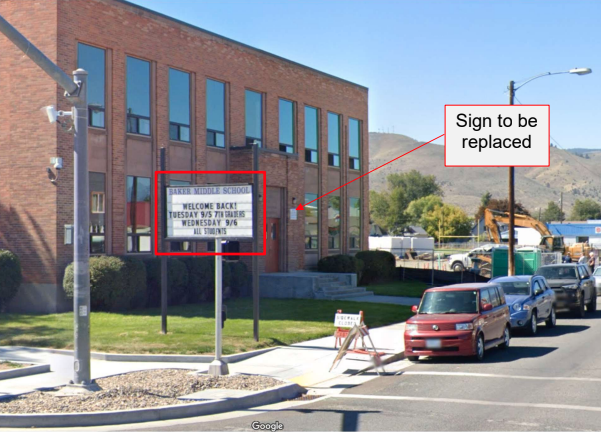Lutherans change affiliation
Published 9:15 pm Monday, July 25, 2011

- The congregation from Baker City's First Lutheran Church recently voted to change its affiliation to a different national group.
By TERRI HARBER
tharber@bakercityherald.com
The Lutheran Church was born out of dissension. Its namesake is Martin Luther, a priest and professor of theology in early 16th century Germany.
Luther envisioned a different path to salvation than that offered by the dominant Catholic Church at the time. Luther’s ideas also introduced the Reformation Movement in Europe.
A different type of dissension – this time within its own ranks – is causing Lutheran congregations across the U.S., including the congregation of Baker City’s First Lutheran Church, to search for leadership more in line with their beliefs.
The Evangelical Lutheran Church in America, the ELCA for short, is the largest Lutheran group in the United States, almost double the size of the Lutheran Church-Missouri Synod, the LCMS.
ELCA leaders watched social changes occurring in society and decided to
modify their practices and expanded on whom could serve as a pastor,
specifically homosexuals in committed relationships.
Before this decision in 2009, homosexuals had to be celibate to serve as pastors.
For many traditional Lutherans, this decision about homosexuality
“makes a big thud,” said the Rev. Mel Harris, pastor of the First
Lutheran Church in Baker City for the past seven years.
He talked about how the ELCA changes received nationwide attention when
they were considered by the group’s leaders years before.
“It got above the fold in many newspapers. It was being defended on
‘Nightline’. No pastors had actually seen it, however,” Harris said.
The subsequent decision in 2009 was equally as attention-grabbing as
the discussions preceding it. More traditional congregations already
had been restive, but many began seeking alternatives after the ELCA
ruling.
It felt as if “we were being ignored more and more,” Harris said of his
and other churches. “There has been strong demand for another church
body to go with.”
In Oregon, the Baker City congregation has joined several Lutheran churches in voting to leave the ELCA.
The Baker City congregation made its decision in April to leave the
ELCA and join the North American Lutheran Church, the NALC, a new
affiliation that has positioned itself theologically between the ELCA
and LCMS.
“It’s not just about the homosexuality issue,” said Leslie Steiger, a
member of First Lutheran who voted in favor of changing the church’s
affiliation.
Steiger said she believes that single issue, which garnered much of the
publicity in the Lutheran debate, was a distraction from the more
pressing matter: decreasing emphasis on traditional worship. She
describes what she and her fellow parishioners want as a focus on “God
and Jesus Christ. . . . and the teachings of the Lutheran faith.”
ELCA seemed “willing to turn its back on historical teaching with no
discussion,” Steiger said. “We feel fortunate there was a place we
could go.”
The NALC formed in 2010. According to its leadership, nearly 250
congregations nationwide have left – or plan to leave -the ELCA and
realign with another Lutheran organization such as the NALC.
To do so, at least two-thirds of the members of a congregation must
vote to make the change, then wait at least 90 days and take another
vote that also meets the two-thirds threshold.
The first vote on Dec. 19, 2010, at Baker City’s First Lutheran was
more than 90 percent in favor of moving to a new affiliation. Of the 57
voters who participated, four were against leaving the ELCA.
The second vote on April 3 was unanimously in favor of leaving the
ELCA. Of the 52 voters, only two were against joining the NALC.
Our Savior Lutheran Church in Salem also recently voted to join NALC after a nearly unanimous second vote in late June.
Trinity Evangelical Lutheran Church in Hermiston opted to leave the
ELCA after four elections (the results of two weren’t decisive) and
chose to join the Lutheran Churches in Missions for Christ, an older
affiliation that considers itself philosophically sandwiched between
the ELCA and NALC.
ELCA officials understand that the organization’s decision on homosexual pastors has caused a rift.
“This was a hard decision for some people in our church,” said Rev.
David Brauer-Rieke, the ELCA Bishop of Oregon. “The majority that leave
have pastors that see it.”
Another issue that makes leaving easier for ELCA members is that the
congregations own their own buildings, so they aren’t beholden to an
affiliate bureaucracy, both Harris and Brauer-Rieke said.
Brauer-Rieke said he spoke with members of Baker City’s First Lutheran after between the two votes.
The bishop says current social conditions, besides the homosexual
issue, are affecting how people worship. The poor economy and loss of
jobs is causing more people to seek comfort through religion.
And change can be highly discomforting to many people, Brauer-Rieke said.
“The culture is polarized over a host of issues. Trust in our leaders is way down,” he said of the nation at large.
People believe their church won’t change but, when it does, it’s like
“everything is crashing down around your head,” Brauer-Rieke said.
Although the Baker City congregation voted overwhelmingly to leave the
ELCA, members chose to join the North American Lutheran Church rather
than the more conservative Lutheran Church-Missouri Synod (LCMS).
LCMS leaders have publicly declared homosexuality a “sin.” The group
also differs from the ELCA by not allowing other Protestants to attend
communion at Lutheran altars or allowing pastors from other Protestant
denominations to officiate at Lutheran services.
Women aren’t allowed to serve as clergy in the LCMS, or even be involved in many high-level lay activities.
“The Missouri Synod is very far to the right, so far they are not great
on equal positions for women,” said Laurel Goodrich, a member of First
Lutheran who voted both times in favor of leaving ELCA.
Goodrich served on the church’s steering committee and helped write a
letter about the matter sent to the Baker City congregation.
“Our church wouldn’t be doing anything if it weren’t for the women,” Goodrich said.
One change that bothered her in recent years was that hymnals
distributed by the ELCA were gender-neutral, with masculine pronouns
removed.
“This has been brewing for a real long time,” Goodrich said. “The ELCA
has gone very, very liberal – away from what we feel the direction our
church wants to go in.”
Harris said that other Protestant faiths are going through similar
issues as church leaders look for ways to attract and retain
parishioners.
The ELCA, however, has basically “gone overboard trying to be inclusive
with radical theological ideas,” and left many in the congregation
feeling like the “ELCA has left them,” Harris said.
Inclusion, however, was what the ELCA was about when it was formed in
the late-1980s from a variety of Lutheran affiliations around the
United States, including The American Lutheran Church, Lutheran Church
in America and Association of Evangelical Lutheran Churches.
It brought together millions of Lutherans with different ideas about
how to practice their religion – from those who could be described as
“highly orthodox” to “moderately liberal,” Brauer-Rieke said.
Baker City’s First Lutheran Church has been in existence since the
early 1920s. it relocated to its current location on Third Street in
the 1950s.
It had been affiliated with the American Lutheran Church, which had
been characterized as more conservative than some of the other partners
comprising the ELCA, Harris and Steiger said.
“The NALC is a lot like the ALC was,” Steiger said.
https://www.facebook.com/firstlutheranbakercityor





